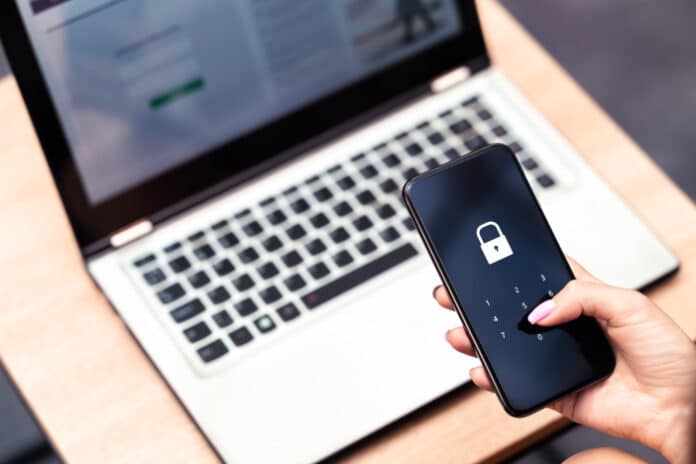On underground and public criminal forums, the FBI has informed institutions about cyber extortion attempts that include VPN credentials and network access codes. The disclosure of sensitive credential information, as well as network access keys, might be followed by additional cyberattacks against individual users or linked organizations. This is a big issue because many educational institutions use VPNs to secure their online connections.
What are VPN credentials and networks?
VPN credentials are essentially the username and password needed to log into a VPN. Network access is the ability to connect to a network, usually through an internet connection.
Why are hackers interested in VPN credentials and networks?
VPN credentials and network access information are extremely coveted by hackers since they may be used to circumvent security measures and gain access to sensitive data. Furthermore, this data may be used to launch assaults against individual users or organizations who are affiliated with the targeted networks.
How did the FBI find out about this?
Several institutions reported that they had been targets of cyber assaults, which prompted the FBI to become involved. After investigating, the FBI discovered that hackers gained access to university networks by stealing VPN passwords and then selling them on criminal marketplaces.
What should I do if my VPN credentials have been sold?
If your VPN credentials have been sold, you should change your password and update your security settings. Additionally, you should consider using a different VPN service. There are many reputable VPN providers that offer free trials or money-back guarantees, so you can try out different services before committing to one.
What should college networks do?
College networks should take steps to protect their VPNs, such as implementing two-factor authentication and ensuring that only authorized personnel have access to the credentials and network access information. Additionally, they should educate users on how to keep their VPN credentials safe and secure.
What can you do to protect yourself?
If you attend a university or work at one, you should be aware of this danger and take steps to secure yourself. To begin, make sure your VPN passwords are strong and unique. It’s also critical to avoid reusing passwords across multiple accounts or services. Finally, when you’re finished using the service, log out of the VPN. You may help protect yourself and your institution from cyber assaults by following these simple measures.
The FBI’s statement serves as a notice that all of us need to be more concerned about cybersecurity risks. You may help safeguard yourself and your institution by following the guidelines outlined above.

